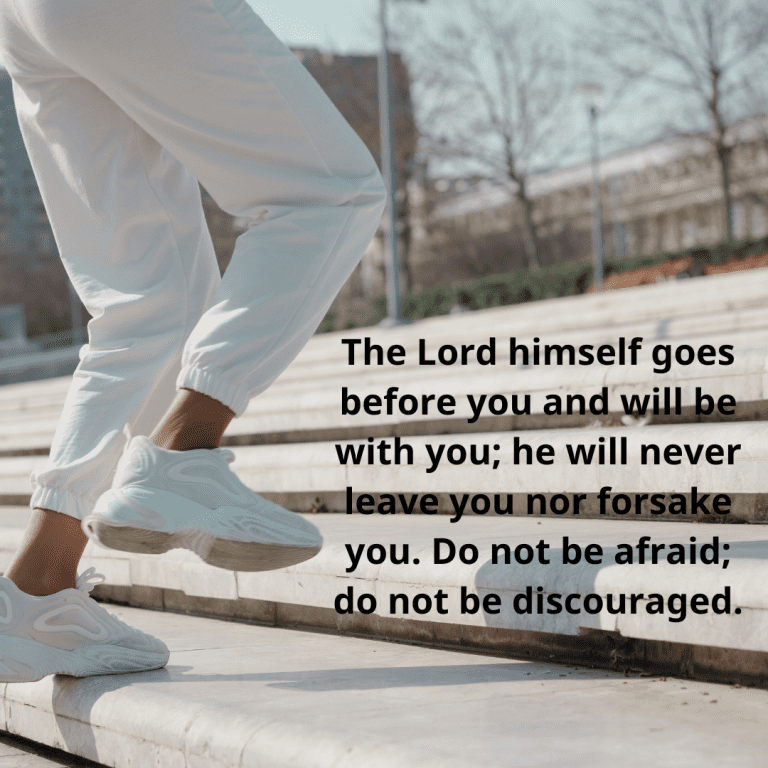1 Kabiriŋ Amori mansoolu bee, mennu be Yoridani tilijii karoo la, aniŋ Kanaani mansoolu bee, mennu be Baa Baa* daala ye a moyi, Yaawe* ye Yoridani Boloŋo jandi Banisirayilankoolu ye ñaameŋ, fo ì bee teyita, wo ye ì kijoo teyi le. Bituŋ ì maŋ naa kija soto kotenke ka Banisirayilankoolu waliŋ.
Sunnoo meŋ keta Kilikali
2 Wo waatoo le mu, Yaawe ko Yosuwa ye ko, “Beroo dadaa muroolu ti, i ye Banisirayilankoolu sunna, ko ì ka a ke nuŋ ñaameŋ.” 3 Wo le to Yosuwa ye beroo dadaa muroolu ti, a ye Banisirayilankoolu sunna dulaa to, ì ka a fo daameŋ to ye ko, Kibeyati-Haaraloti.
4 Yosuwa la ì sunnoo daliiloo keta ñiŋ ne ti: Moolu mennu bee bota naŋ Misira, kewolu kono mennu si kelediŋyaa noo, wolu bee faata keñewuloo* kono le ì la siloo kaŋ ka bo naŋ Misira. 5 Moolu mennu bee bota naŋ jee, wolu bee sunnata le nuŋ, bari mennu bee wuluuta keñewuloo kono, taamoo ñiŋ wucoo kono ka bo naŋ Misira, wolu bee maŋ sunna.
6 Banisirayilankoolu tarata yaayi kaŋ keñewuloo kono le fo sanji taŋ naani. Labaŋo la kelediŋolu bee mennu be ì kono ka bo naŋ Misira, wolu bee banta. Kaatu ì maŋ Yaawe la kumoo muta nuŋ. Yaawe ye i kali ñiŋ na le ko, ñiŋ moolu kono a te hani moo kiliŋ ñaa jerindi la bankoo ñiŋ na, a ye ì mumuñolu laahidi meŋ na ka a dii ì koomalankoolu la, bankoo keekewo niŋ liyo ka woyi daameŋ. 7 Bituŋ a ye ì dinkewolu seyindi ì noo to ka ke ì jooseyiraŋo ti, aduŋ wolu le keta moolu ti, Yosuwa ye mennu sunna. Sunnabaloolu le mu nuŋ, kaatu ì maŋ sunna siloo kaŋ.
8 Bituŋ ì bee sunnariŋ koolaa, ì tuta sabatiriŋ ì la daakaa ñiŋ to jee, fo ì kendeyaata. 9 Bituŋ Yaawe ko Yosuwa ye ko, “Bii ŋa Misira joŋyaa maloo bondi ali kaŋ ne.” Bituŋ ì naata ñiŋ dulaa kumandi Kilikali la, aduŋ ì ka a kumandi wo too kiliŋo le la hani bii.
Yaawe Tambi Tumoo Juuraloo
10 Kabiriŋ Banisirayilankoolu sabatita Kilikali, Yeriko kene fanuŋo kono, karoo tili taŋ niŋ naaninjaŋo wulaaroo le mu, ì ye Yaawe Tambi Tumoo Juuraloo* ke. 11 Juuraloo luŋo saamoo, wo luŋo faŋo le mu, ì ye a dati ka bankoo ñiŋ na neemafeŋolu domo, mennu be ko, mbuuroo meŋ maŋ leweñoo soto, aniŋ dempeteŋo. 12 Kabiriŋ Banisirayilankoolu ye a dati ka bankoo ñiŋ na neemafeŋolu domo, wo luŋo faŋo le mu, manna* la kuwo loota. Ì maŋ naa a soto kotenke. Bari wo saŋo ì tarata Kanaani bankoo neemafeŋolu le domo kaŋ.
Yosuwa niŋ hawusaritiyo
13 Kabiriŋ Yosuwa naata, fo a sutiyaata Yeriko la, a ye santo juubee, a ye kewo je looriŋ a ñaato, hawusaroo* be a bulu. Yosuwa taata a kaŋ, a ye a ñininkaa ko, “Ite be ntolu le ye baŋ, fo i be ǹ jawoolu le ye?”
14 Kewo ñiŋ ko a ye ko, “Hanii, nte mu Yaawe la kelediŋ kafu kuntiyo le ti. Saayiŋ n naata le.” Wo le to Yosuwa sujudita, a ko a ye ko, “M Maarii, i ye muŋ ne soto ka a fo i la dookuulaa ye?”
15 Yaawe la kelelaa kuntiyo ko a ye ko, “I la samatoo bo, kaatu i be looriŋ dulaa meŋ to, jee mu dulaa senuŋo le ti.” Bituŋ Yosuwa naata a ke, ko a ye a fo a ye ñaameŋ.
1 All the Amorite kings west of the Jordan and all the Canaanite kings along the Mediterranean Sea heard that the Lord had dried up the Jordan until the people of Israel had crossed it. They became afraid and lost their courage because of the Israelites.
The Circumcision at Gilgal
2 Then the Lord told Joshua, “Make some knives out of flint and circumcise the Israelites.” 3 So Joshua did as the Lord had commanded, and he circumcised the Israelites at a place called Circumcision Hill. 4-6 When the people of Israel left Egypt, all the males were already circumcised. However, during the forty years the people spent crossing the desert, none of the baby boys had been circumcised. Also, by the end of that time all the men who were of fighting age when they left Egypt had died because they had disobeyed the Lord. Just as he had sworn, they were not allowed to see the rich and fertile land that he had promised their ancestors. 7 The sons of these men had never been circumcised, and it was this new generation that Joshua circumcised.
8 After the circumcision was completed, the whole nation stayed in the camp until the wounds had healed. 9 The Lord said to Joshua, “Today I have removed from you the disgrace of being slaves in Egypt.” That is why the place was named Gilgal, the name it still has.
10 While the Israelites were camping at Gilgal on the plain near Jericho, they observed Passover on the evening of the fourteenth day of the month. 11 The next day was the first time they ate food grown in Canaan: roasted grain and bread made without yeast. 12 The manna stopped falling then, and the Israelites no longer had any. From that time on they ate food grown in Canaan.
Joshua and the Man with a Sword
13 While Joshua was near Jericho, he suddenly saw a man standing in front of him, holding a sword. Joshua went up to him and asked, “Are you one of our soldiers, or an enemy?”
14 “Neither,” the man answered. “I am here as the commander of the Lord's army.”
Joshua threw himself on the ground in worship and said, “I am your servant, sir. What do you want me to do?”
15 And the commander of the Lord's army told him, “Take your sandals off; you are standing on holy ground.” And Joshua did as he was told.


